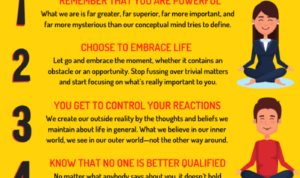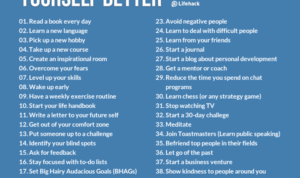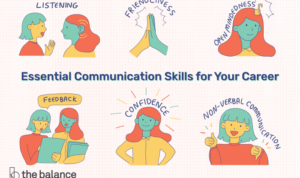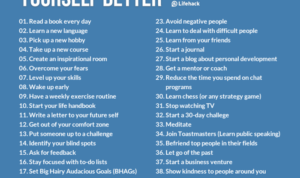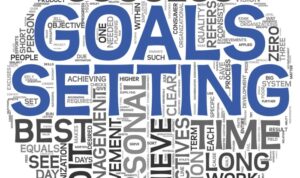Effective Communication Skills are the key to unlocking success in personal and professional relationships. Picture this: a world where every word spoken is understood and every message received loud and clear. Let’s dive into the intricacies of communication and how mastering this art can transform your interactions.
From active listening to non-verbal cues, each component plays a vital role in shaping effective communication. So, buckle up as we explore the world of communication skills like never before.
Importance of Effective Communication Skills
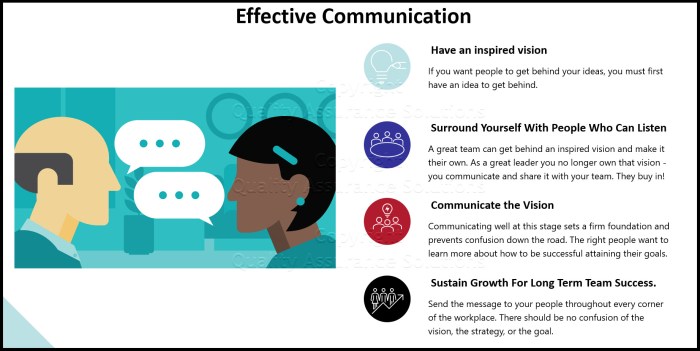
Effective communication skills are essential both in personal and professional settings. By being able to clearly convey thoughts, ideas, and feelings, individuals can establish strong relationships, resolve conflicts, and achieve common goals. In professional environments, communication skills are crucial for teamwork, leadership, and customer satisfaction. Without effective communication, misunderstandings can lead to errors, delays, and decreased productivity.
Enhanced Relationships and Productivity
- Building Trust: Clear communication fosters trust and mutual understanding in relationships, whether personal or professional.
- Conflict Resolution: Strong communication skills help in resolving conflicts peacefully and reaching compromises that benefit all parties involved.
- Team Collaboration: Effective communication is vital for successful teamwork, ensuring that all team members are on the same page and working towards a common goal.
- Increased Productivity: When communication is clear and concise, tasks are completed efficiently, leading to improved productivity and performance.
Consequences of Poor Communication
- Confusion: Lack of clarity in communication can result in confusion, leading to mistakes and misunderstandings.
- Strained Relationships: Poor communication can strain relationships, causing resentment and mistrust between individuals.
- Decreased Productivity: Miscommunication can lead to delays, errors, and inefficiencies, ultimately decreasing productivity in both personal and professional settings.
- Missed Opportunities: Inadequate communication may result in missed opportunities for growth, collaboration, or advancement.
Components of Effective Communication Skills
Effective communication skills are essential in various aspects of life, including personal relationships, professional settings, and social interactions. Mastering the key components of effective communication can greatly enhance one’s ability to convey messages clearly and build stronger connections with others.
Active Listening
Active listening is a crucial component of effective communication that involves fully concentrating on what is being said, understanding the message, and responding thoughtfully. By actively listening to others, you demonstrate respect and empathy, which can foster trust and deepen relationships. For example, paraphrasing what the speaker has said and asking clarifying questions can show that you are engaged and interested in the conversation.
Clarity, Effective Communication Skills
Clarity in communication involves expressing your thoughts and ideas in a clear and concise manner, ensuring that your message is easily understood by the recipient. Using simple language, avoiding jargon, and organizing your thoughts logically can help eliminate misunderstandings and promote effective communication. For instance, providing specific examples or visual aids can enhance clarity and make your message more memorable.
Empathy
Empathy is the ability to understand and share the feelings of another person, allowing you to connect on a deeper level and respond with compassion. Demonstrating empathy in communication involves acknowledging the emotions of others, showing sensitivity, and offering support when needed. By expressing empathy, you create a safe and supportive environment for open dialogue and collaboration.
Non-verbal Cues
Non-verbal cues, such as facial expressions, gestures, and body language, play a significant role in communication and can convey emotions and intentions effectively. Being aware of your own non-verbal cues and interpreting those of others can help you better understand the underlying messages in a conversation. For example, maintaining eye contact, nodding in agreement, and mirroring the body language of the speaker can enhance rapport and mutual understanding.
Mastering these key components of effective communication skills can lead to improved interactions, stronger relationships, and successful outcomes in various personal and professional situations. By actively listening, communicating clearly, showing empathy, and being mindful of non-verbal cues, you can enhance your communication skills and connect more effectively with others.
Developing Effective Communication Skills
Effective communication skills are essential in various aspects of life, including personal relationships, academic success, and professional growth. To improve and develop these skills, individuals can implement practical strategies and techniques to enhance their ability to convey ideas clearly and effectively.
Practice Active Listening
- Engage in active listening by focusing on the speaker and providing feedback to demonstrate understanding.
- Avoid interrupting and ask clarifying questions to ensure you comprehend the message accurately.
- Practice empathy by putting yourself in the speaker’s shoes to understand their perspective.
Enhance Nonverbal Communication
- Pay attention to your body language, facial expressions, and tone of voice to convey sincerity and openness.
- Maintain eye contact and use gestures to emphasize key points during conversations.
- Be aware of cultural differences in nonverbal cues to avoid misunderstandings in communication.
Solicit and Utilize Feedback
- Seek feedback from peers, mentors, or communication experts to identify areas for improvement.
- Implement feedback by practicing specific communication skills and techniques to enhance your effectiveness.
- Reflect on feedback received and track your progress to measure improvement over time.
Apply Communication Strategies in Real-Life Scenarios
- Practice active listening during group discussions or meetings to demonstrate your engagement and understanding of others’ perspectives.
- Utilize nonverbal communication techniques during presentations or public speaking engagements to enhance your message delivery.
- Solicit feedback from colleagues or supervisors after important conversations or presentations to refine your communication skills further.
Barriers to Effective Communication

Effective communication can face several barriers that hinder understanding and lead to misunderstandings. These barriers can include language barriers, distractions, cultural differences, and emotional barriers. It is essential to recognize these barriers and know how to overcome them to improve communication effectiveness.
Language Barriers
Language barriers can occur when individuals speak different languages or have varying levels of fluency in a shared language. This can lead to misunderstandings, misinterpretations, and difficulty in conveying messages accurately. To overcome language barriers, individuals can use simple and clear language, seek clarification when needed, and use visual aids or gestures to enhance understanding.
Distractions
Distractions such as noise, interruptions, or multitasking can hinder effective communication by causing individuals to lose focus or miss important information. To overcome distractions, it is essential to create a conducive environment for communication, minimize noise, and practice active listening to ensure full engagement and understanding.
Cultural Differences
Cultural differences can impact communication by influencing language use, nonverbal cues, and social norms. Misunderstandings can arise when individuals are unaware of or misinterpret cultural differences. To overcome cultural barriers, individuals should educate themselves about different cultures, be open-minded and respectful, and adapt their communication style to accommodate cultural diversity.
Emotional Barriers
Emotional barriers such as fear, anger, or anxiety can interfere with effective communication by clouding judgment, causing defensive reactions, or preventing individuals from expressing themselves openly. To overcome emotional barriers, individuals should practice empathy, active listening, and emotional intelligence to build trust, manage emotions effectively, and create a supportive communication environment.

